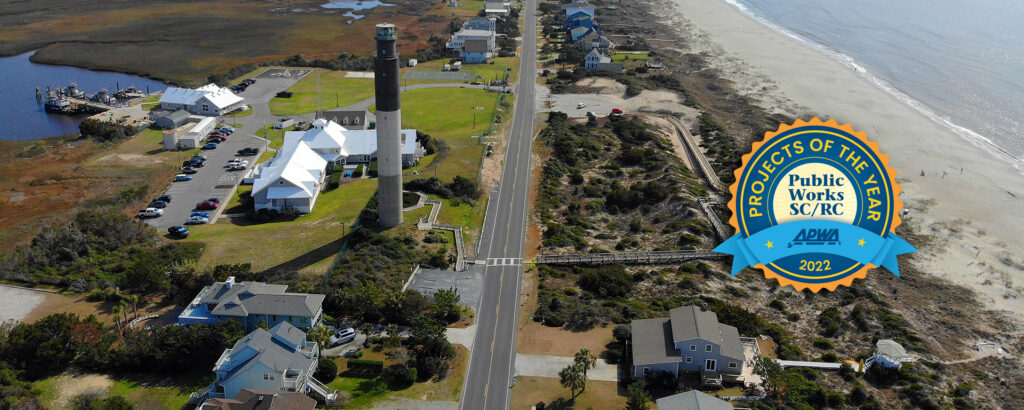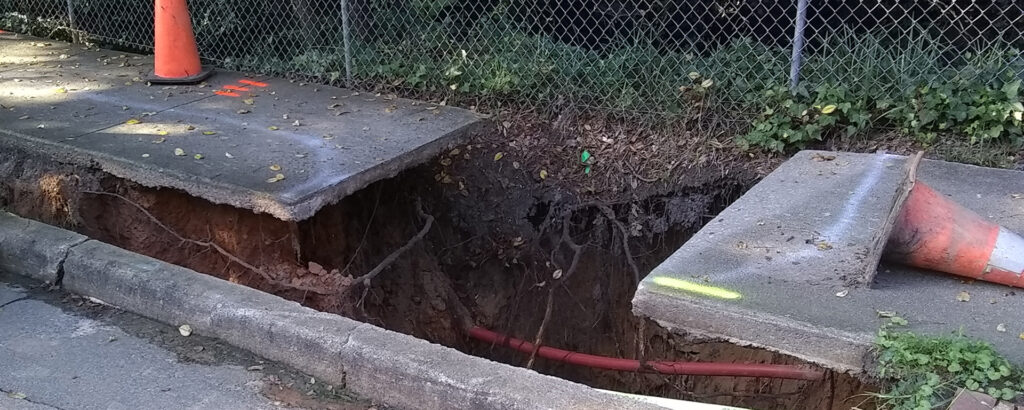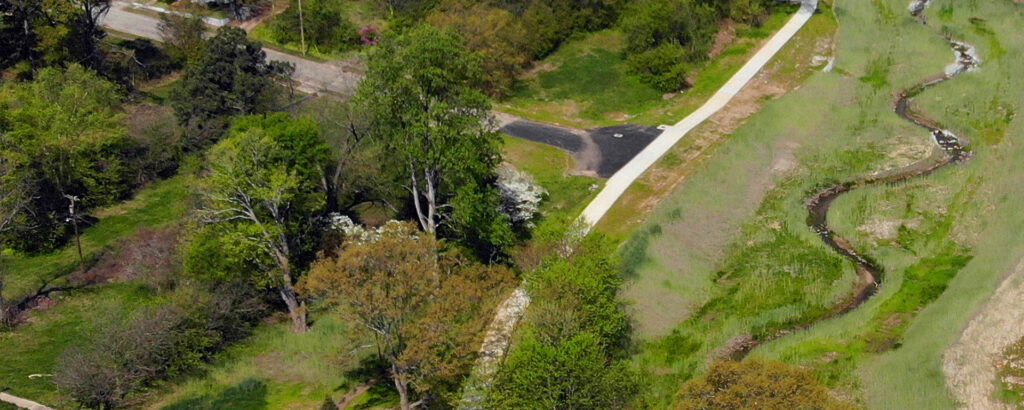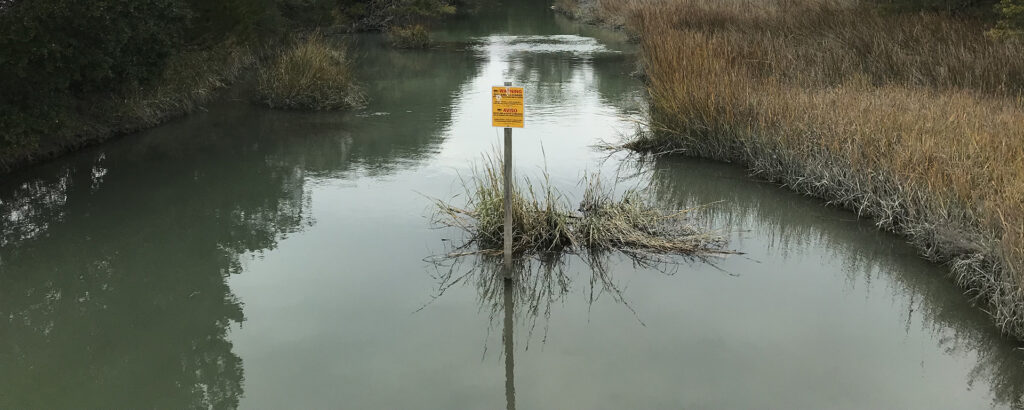Our engineers and scientists are passionate experts in urban stormwater management and ecological restoration. With over 27 years of a focused municipal stormwater practice, WK Dickson is a trusted leader in providing reliable and innovative stormwater solutions across the Southeast. We offer tailored and cost-effective approaches to protect public safety, improve watershed functions, and enhance quality of life.
We prioritize building strong relationships and have a successful track record of partnering with municipalities and counties to implement stormwater programs and address challenges.
What sets us apart is our diverse skill set. In addition to our civil engineering expertise, we excel in policy development, public engagement, government finance, data analysis and software development, GIS analysis, and customer service. This comprehensive understanding ensures the success of every project we undertake.
Stormwater & Watershed Expertise Include:
• Watershed Modeling and Master Planning
• Capital and Operational Plan Development
• Capital and Maintenance Drainage Projects
• Green Infrastructure and Nature-Based Solutions
• Stormwater Utility Development and Support
• MS4 Program Support (Regulatory Services)
• FEMA Floodplain Management Services
• Asset Management Planning and Development
• Coastal Engineering Services
• Environmental Assessments and Permitting










